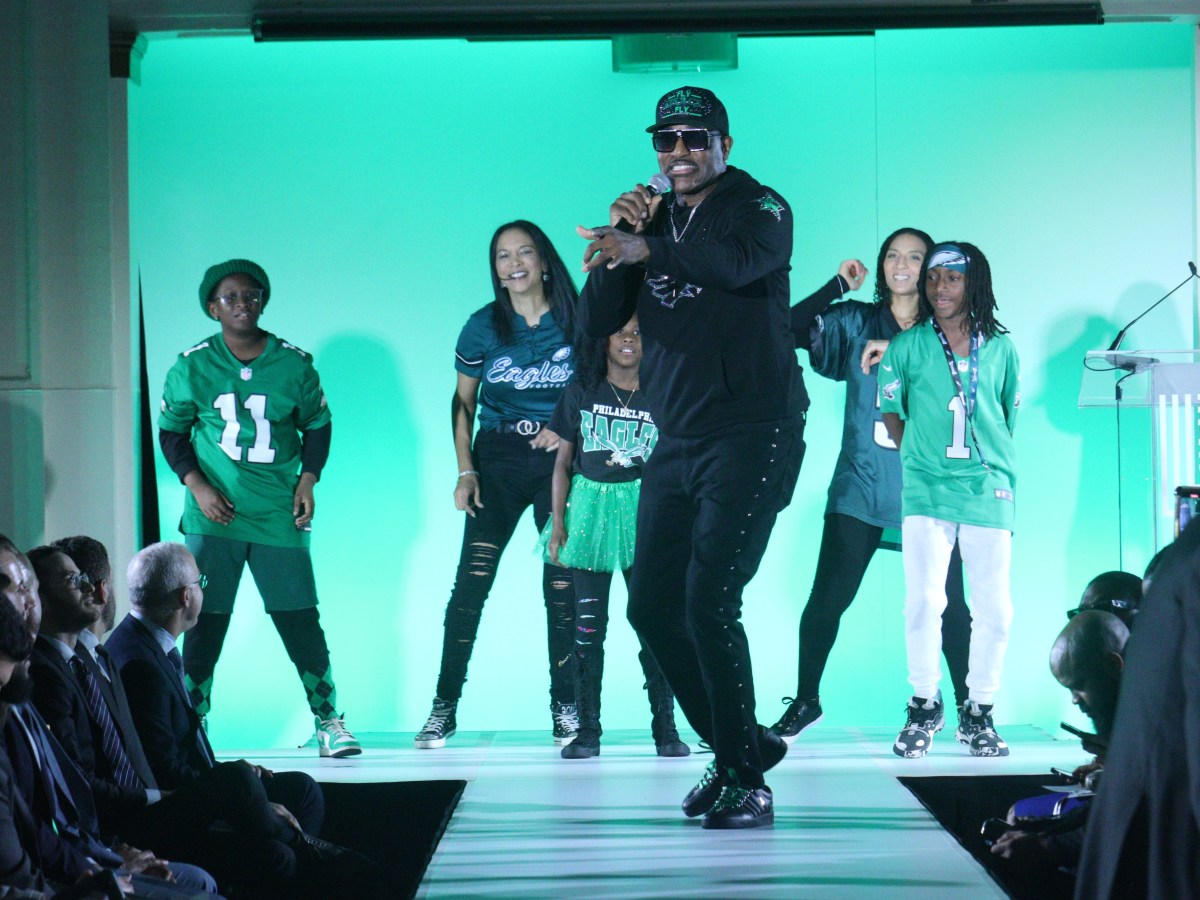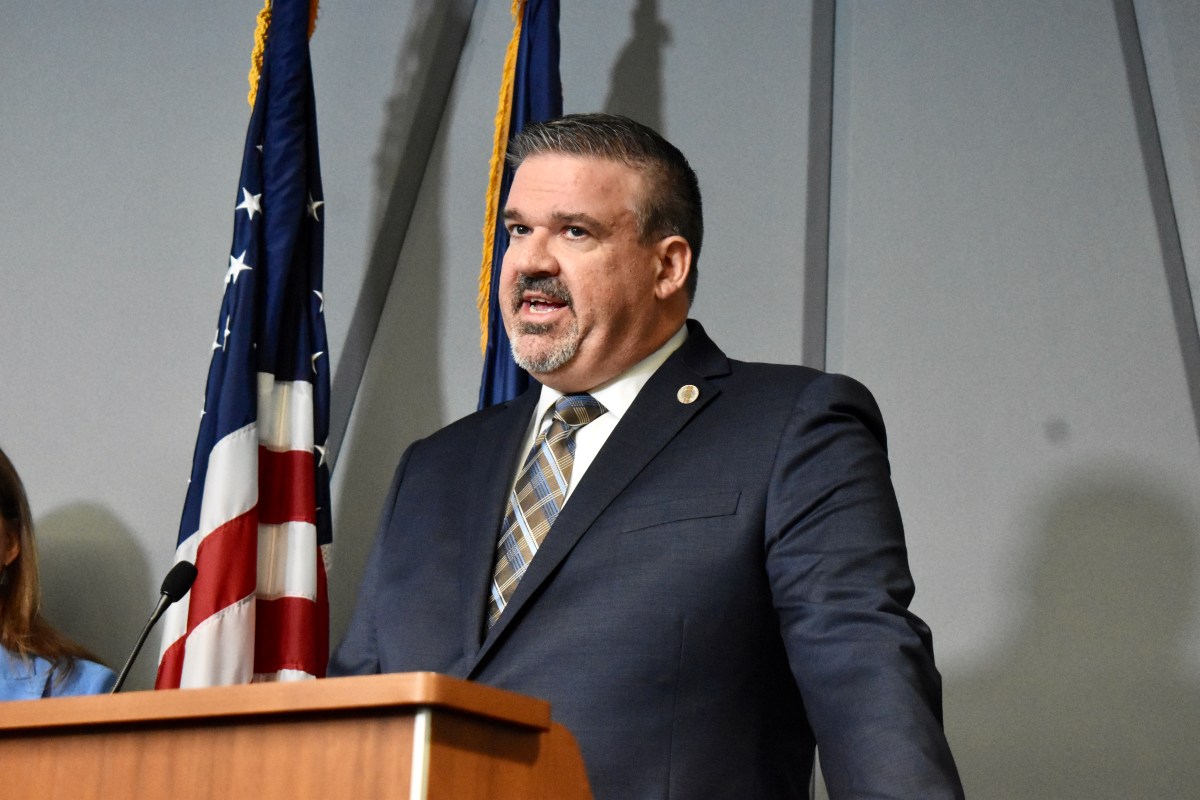For “Ides of March,” his political drama about a fictional Democratic presidential primary race, director and star George Glooney put together a stellar cast, including Ryan Gosling, Philip Seymour Hoffman, Paul Giamatti, Marisa Tomei and … himself. And when it came casting the role of Sen. Thompson, a primary rival of Gov. Morris (Clooney) whose endorsement could mean a nomination-clinching collection of delegates, Clooney knew just who to go to: film and stage veteran Jeffrey Wright. A Washington, D.C., native, Wright relished tackling the more corrupt side of politics shown in the film, even approaching the material like a fourth “Godfather” film. But he won’t squeal when it comes to what real-life politicians he based his character on.
Your character provides a very particular commentary on politics.
Yeah, you know. I imagine the character could be perceived as having the best interests of his constituency at heart, but I read the script with just a touch of healthy cynicism, and I perceived him to be pretty much an egoist and an opportunist, which I have to say I have witnessed in some of the players down in Washington in my experiences down there — not all. There’s a dynamic at work there among not only the politicians but among those who surround them, a desire to be out front, to be in a position of authority — or at least in close proximity to power — that overshadows too often, I think, the desire to do good work.
It’s hard not to be at least a little cynical about politics, especially considering current events.
Yeah. Sure, sure. I mean, at the end of the day you see folks just losing sight of what the point is. The point is to lead the country in the best way forward for as many people as possible. But it’s so alluring. It must be just incredibly seductive and alluring, the lifestyle and the influence and the access and the perks.
It’s a big business.
It is, it is. It’s a huge business. When you look at the numbers, it’s the biggest business. There’s no other sector in the world that talks in trillions of dollars the way budgets are shaped. So yes, it’s the biggest business. I’m really in some ways fascinated by the mechanics behind power corrupting. I was struck by the script, reading it more as a gangster story than a political story. And that to some extent is how I played it, kind of like the fourth sequel in the “Godfather” series or something, you know. (laughs) That these guys were kind of lurking around — or at least my character was lurking around — trying to figure out the quickest and most effective means to the top.
Do you have any real-life corollaries for your character?
Yeah, there are a couple guys. No one I want to mention, but a couple guys. It could be a little lacking in political discretion.
How was having George Clooney as both a director and a co-star?
I was just marveling at that, because you clearly have to work from both sides mindful of the other. And to do that and at the same time be just incredibly calm and at ease about it was really remarkable. I think his being an actor obviously sensitizes him to what an actor’s needs are, but he was outrageously efficient. We’d shoot whole scenes in 45 minutes. Come in, you start the thing and then, “Lunch!” It was fantastic.




















